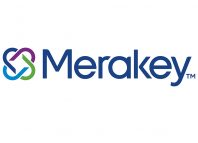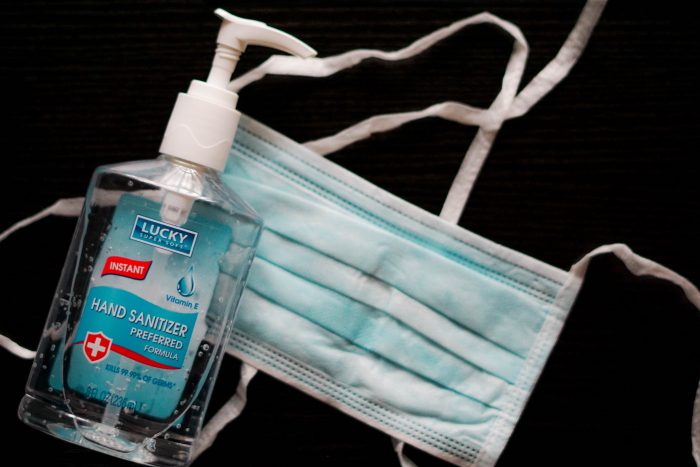There are more than 700,000 veterans in Pennsylvania, and over half of them are age 60 and older. Veterans may be eligible for a wide array of benefits from both the Pennsylvania Department of Military and Veterans Affairs (DMVA) and the U.S. Department of Veterans Affairs (USDVA or VA). One such benefit is a VA pension.
Unfortunately, there are unscrupulous people who are preying on veterans, particularly older veterans, to profit from the veteran’s desire to apply for the benefits they earned while defending our country and our freedoms.
The Pennsylvania Department of Military and Veterans Affairs (DMVA) wants you to know that free and safe assistance is available to help veterans and their beneficiaries apply for veteran benefits including VA pension.
You can access the Pension Poaching Toolkit, filled with educational materials for you and your community to print and post, or continue sharing electronically.
















